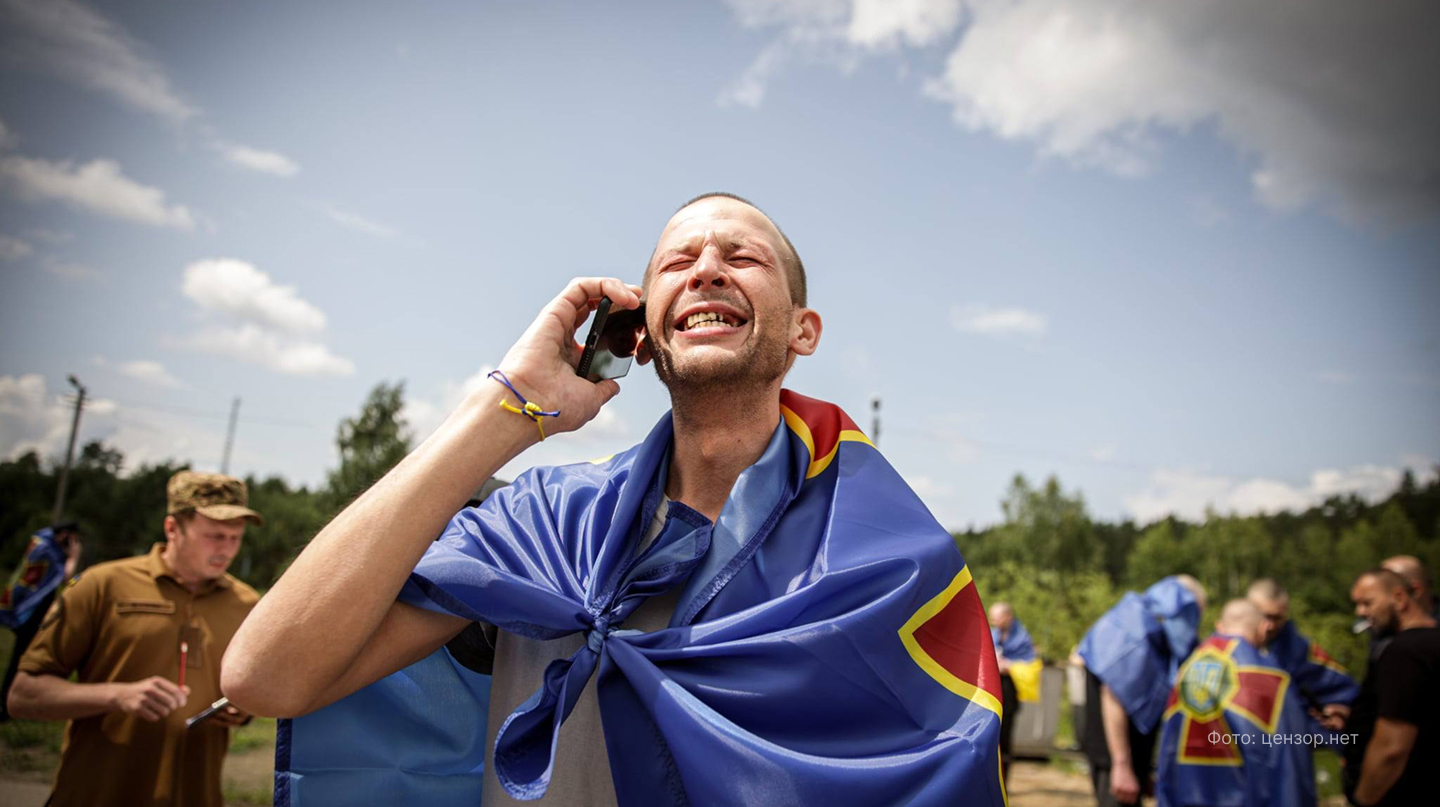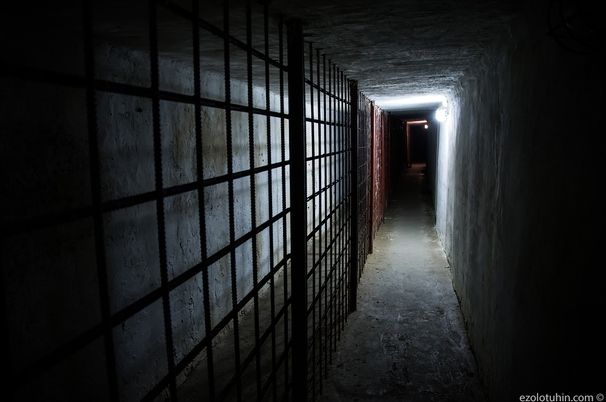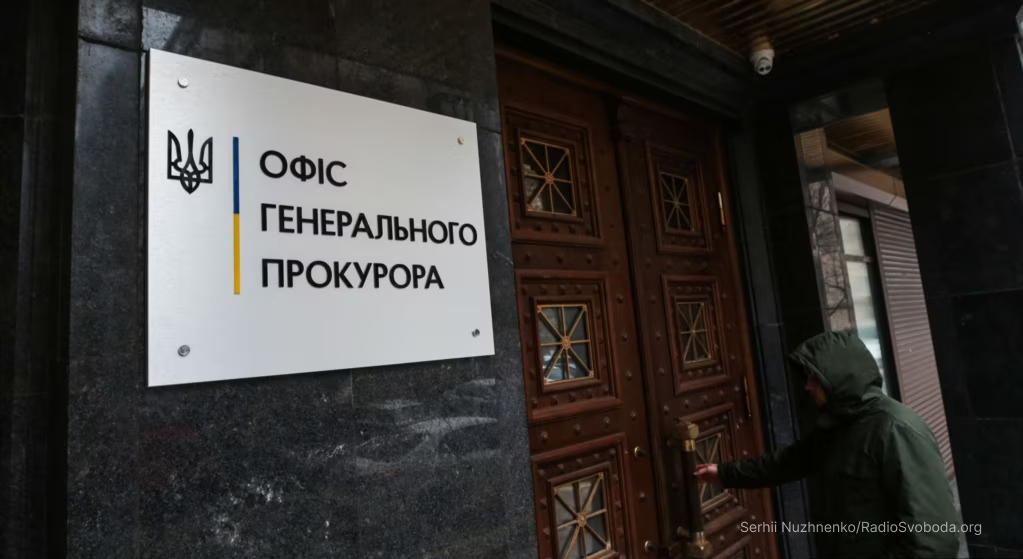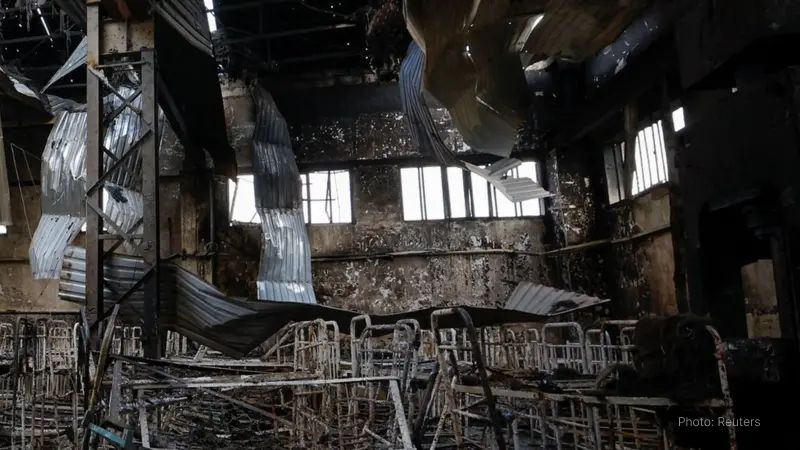
Sokolohirsk (former Pervomaisk) Converted Detention Site
Luhansk Oblast, Sokolohirsk (former Pervomaisk)
Temporarily occupied territories
Converted Detention Site
Unknown
Overview
A makeshift detention facility operated in a former shoe factory (“Salama”) in Sokolohirsk (former Pervomaisk), Luhansk Oblast, under the control of Wagner Group forces. Ukrainian POWs were held in underground cells. Conditions were unhygienic, overcrowded, and degrading. While some basic routines (like feeding) were preserved, POWs were subjected to selective torture, psychological manipulation, and inhumane living standards.
Torture & Abuse
Torture was selectively applied – members of Azov and Aidar units were subjected to physical torture, likely due to their reputation as strong and disciplined fighters. We lack details of specific torture methods at this site, but the conditions themselves point to harsh and degrading treatment.
Medical Care
There is no direct information about medical care or assistance in the Pervomaisk facility. However, given the overcrowding, poor sanitation, and malnutrition, it is unlikely that adequate care was provided.
Food & Sanitation
Food and water were provided, but grossly insufficient. Prisoners received one military ration for every three men. This amounted to approximately 50g of crackers and 250g of canned food per person daily. Water was rationed inconsistently – initially one litre per day per person, later reduced to half a litre as more people were crammed into the same space.
Sanitary conditions were appalling. Cells measuring just 13 square meters sometimes held up to 20 prisoners at a time. Cells were damp and mould-infested, with water dripping from the ceiling. Prisoners slept on metal racks, wooden pallets, or directly on cardboard placed on the floor.
Psychological Pressure
Wagner personnel used psychological manipulation to demoralise prisoners. They were regularly fed disinformation or distorted facts about the war. Detainees were routinely told that Ukrainian cities, such as Zaporizhzhia, had been annexed by Russia. Access to reliable news was restricted entirely, so prisoners depended on newly arrived captives as the only source of information about the outside world.
Testimonies & Reports
“There were up to 20 men in a 13-square-meter cell. We slept on the concrete floor or pallets. The cell was damp and infested with mold, with water dripping from the ceiling. We put cardboard boxes on the floor. Some cells had shelving units.” — Oleksandr Makarevych, service member of the 72nd Black Zaporozhians Separate Mechanized Brigade.
“They fed us regularly, but the portions were extremely small. One military ration for three men. On average, that meant about 50 grams of crackers and 250 grams of canned food per person per day. It was usually some kind of porridge with meat or peas. It was random.” — Oleksandr Makarevych, service member of the 72nd Black Zaporozhians Separate Mechanized Brigade
A makeshift detention facility operated in a former shoe factory (“Salama”) in Sokolohirsk (former Pervomaisk), Luhansk Oblast, under the control of Wagner Group forces. Ukrainian POWs were held in underground cells. Conditions were unhygienic, overcrowded, and degrading. While some basic routines (like feeding) were preserved, POWs were subjected to selective torture, psychological manipulation, and inhumane living standards.
Torture was selectively applied – members of Azov and Aidar units were subjected to physical torture, likely due to their reputation as strong and disciplined fighters. We lack details of specific torture methods at this site, but the conditions themselves point to harsh and degrading treatment.
There is no direct information about medical care or assistance in the Pervomaisk facility. However, given the overcrowding, poor sanitation, and malnutrition, it is unlikely that adequate care was provided.
Food and water were provided, but grossly insufficient. Prisoners received one military ration for every three men. This amounted to approximately 50g of crackers and 250g of canned food per person daily. Water was rationed inconsistently – initially one litre per day per person, later reduced to half a litre as more people were crammed into the same space.
Sanitary conditions were appalling. Cells measuring just 13 square meters sometimes held up to 20 prisoners at a time. Cells were damp and mould-infested, with water dripping from the ceiling. Prisoners slept on metal racks, wooden pallets, or directly on cardboard placed on the floor.
Wagner personnel used psychological manipulation to demoralise prisoners. They were regularly fed disinformation or distorted facts about the war. Detainees were routinely told that Ukrainian cities, such as Zaporizhzhia, had been annexed by Russia. Access to reliable news was restricted entirely, so prisoners depended on newly arrived captives as the only source of information about the outside world.
“There were up to 20 men in a 13-square-meter cell. We slept on the concrete floor or pallets. The cell was damp and infested with mold, with water dripping from the ceiling. We put cardboard boxes on the floor. Some cells had shelving units.” — Oleksandr Makarevych, service member of the 72nd Black Zaporozhians Separate Mechanized Brigade.
“They fed us regularly, but the portions were extremely small. One military ration for three men. On average, that meant about 50 grams of crackers and 250 grams of canned food per person per day. It was usually some kind of porridge with meat or peas. It was random.” — Oleksandr Makarevych, service member of the 72nd Black Zaporozhians Separate Mechanized Brigade
News
see more
“The captives were forced to walk with their heads down”: how the rehabilitation of released Ukrainian soldiers takes place
Ukrainian servicemen released from Russian captivity often arrive at the National Guard’s medical centre in extremely poor condition, both physically and psychologically.

Russia has established a network of torture chambers for Ukrainian prisoners of war.
At least five secret prisons in Russia are holding Ukrainian POWs.

SBU presses charges against russian judges for the unlawful sentencing of Azov Brigade POWs
The Security Service of Ukraine (SBU) has charged in absentia two judges of Russia’s Southern District Military Court, Konstantin Prostov and Sergey Obraztsov, with war crimes against Ukrainian prisoners of war.
questions & answers
You can make a difference
Have a question, a message, or something important to share?
Whether it’s information, a concern, or a word of support, we want to hear from you.
Every voice matters.


